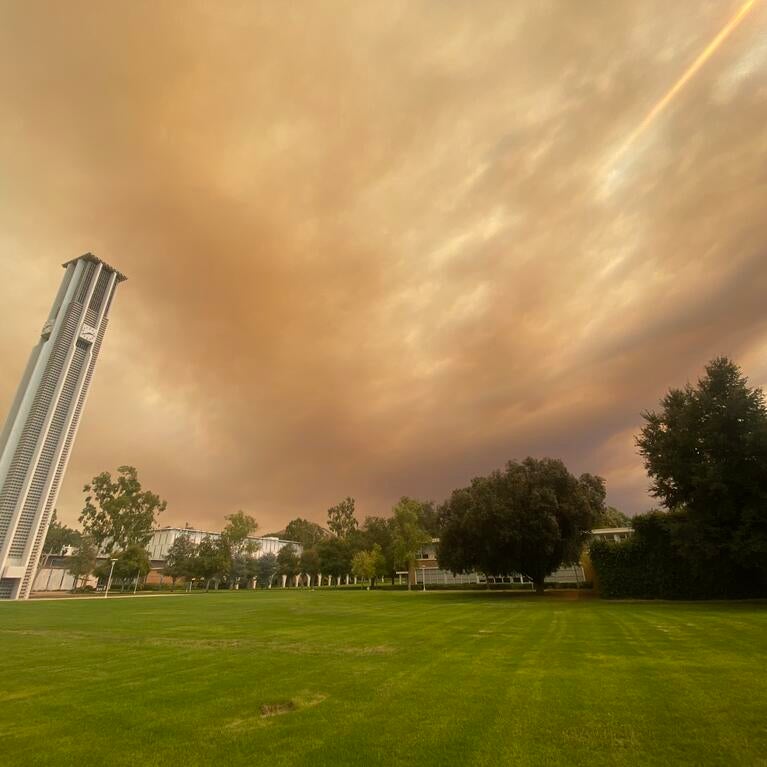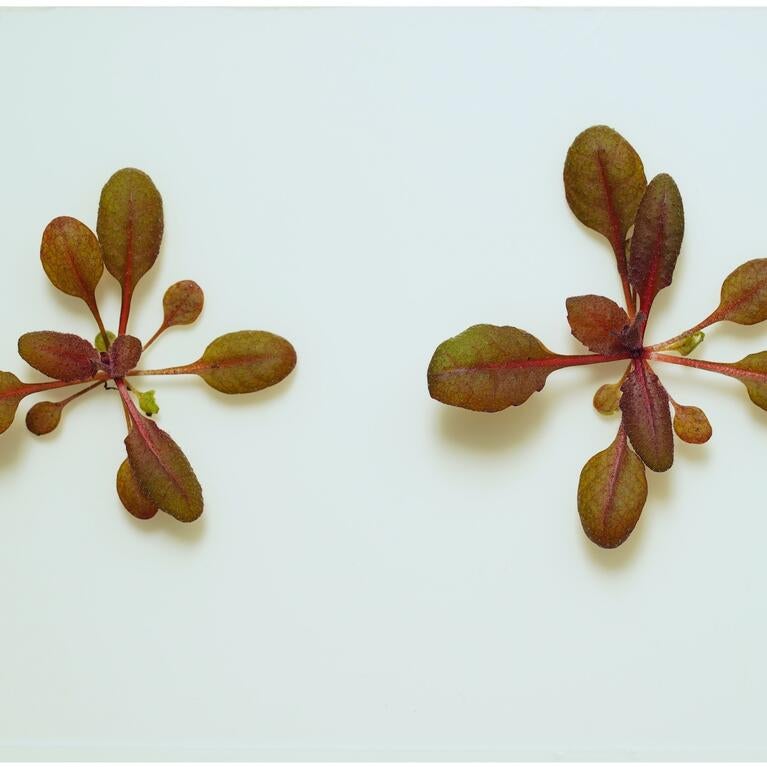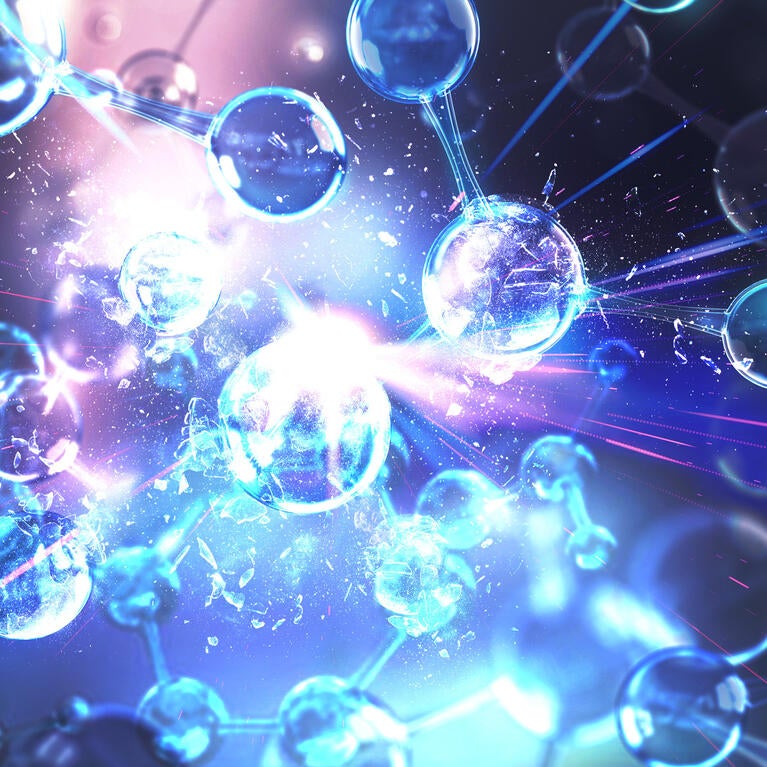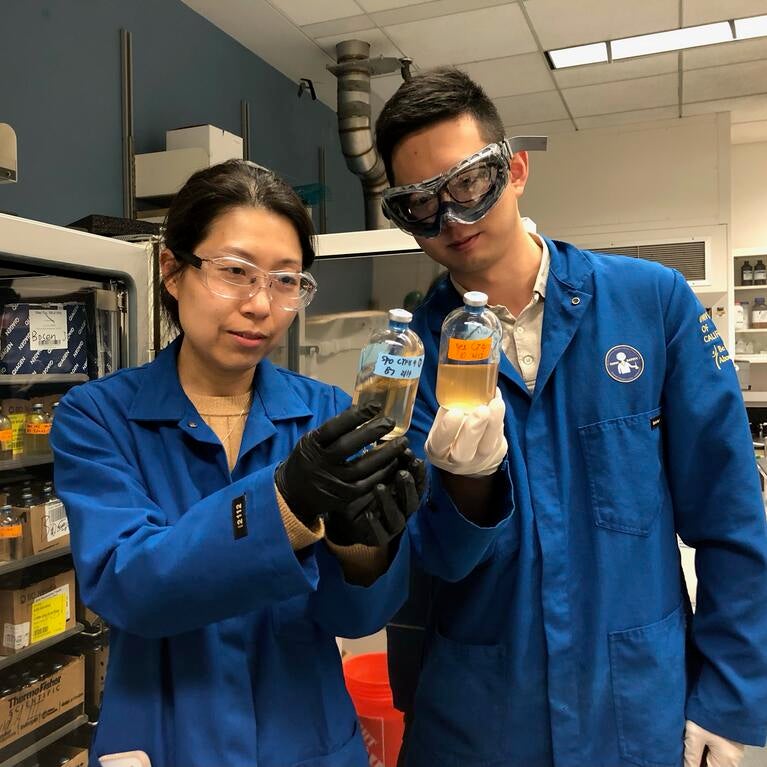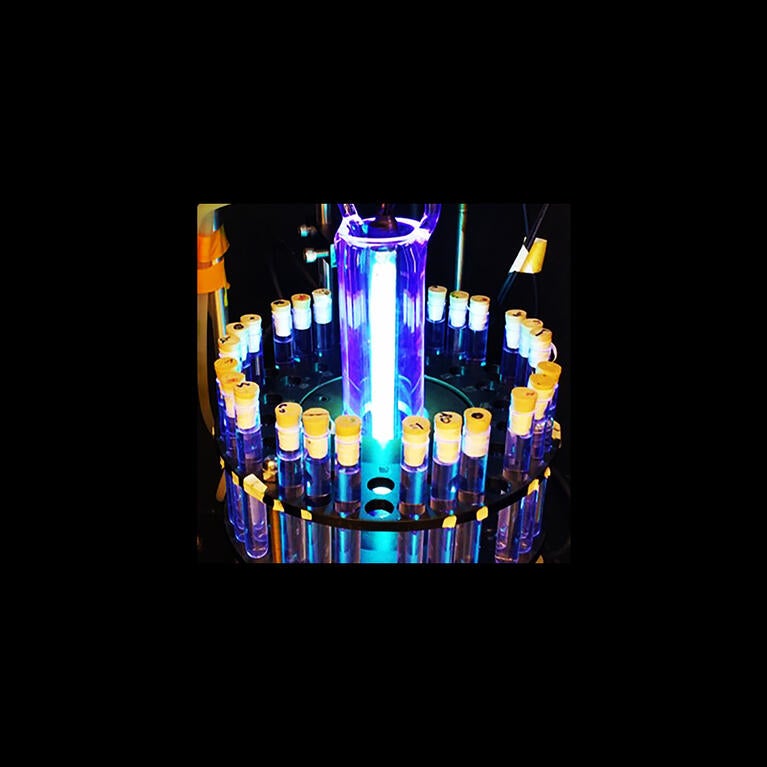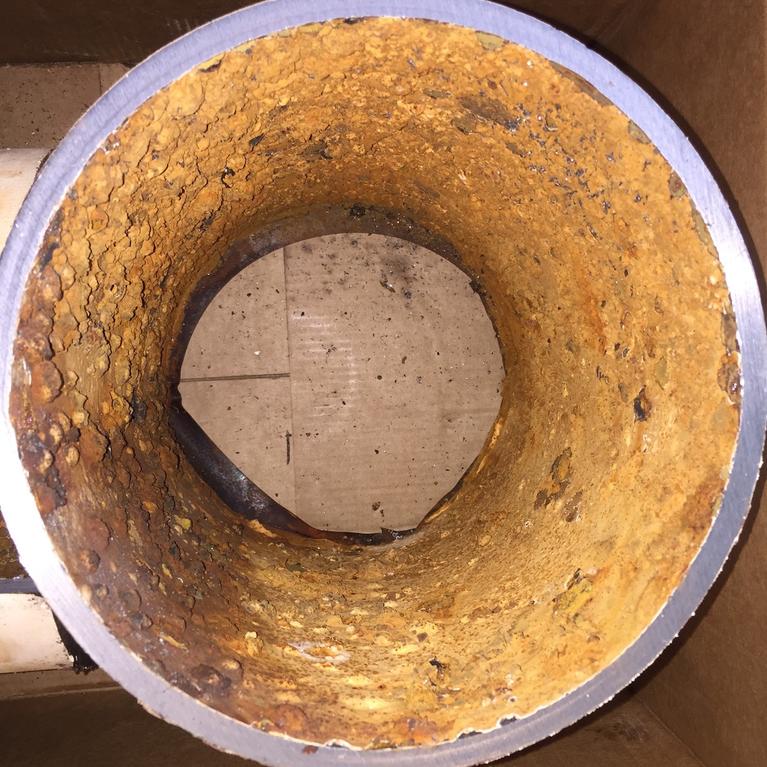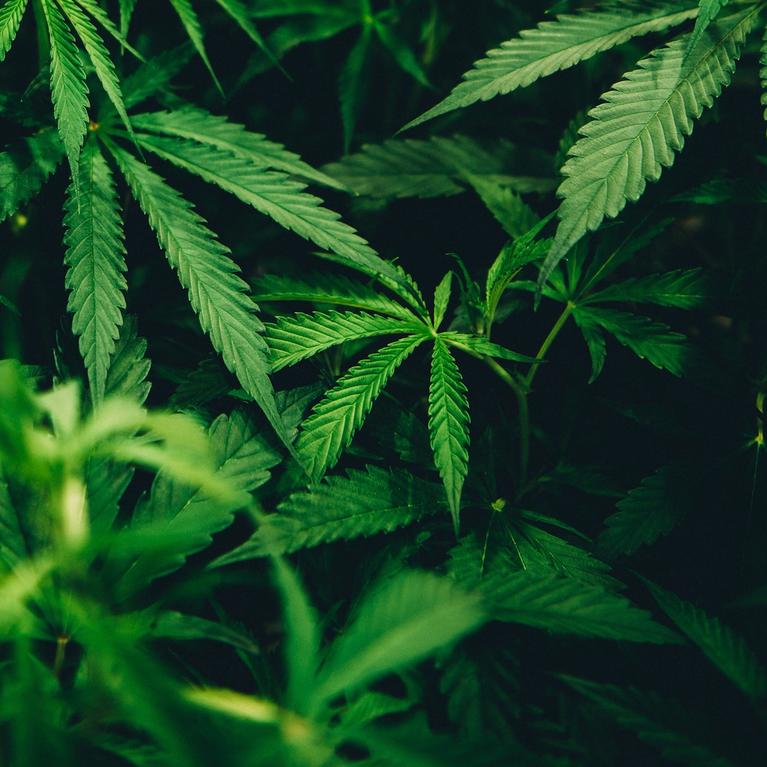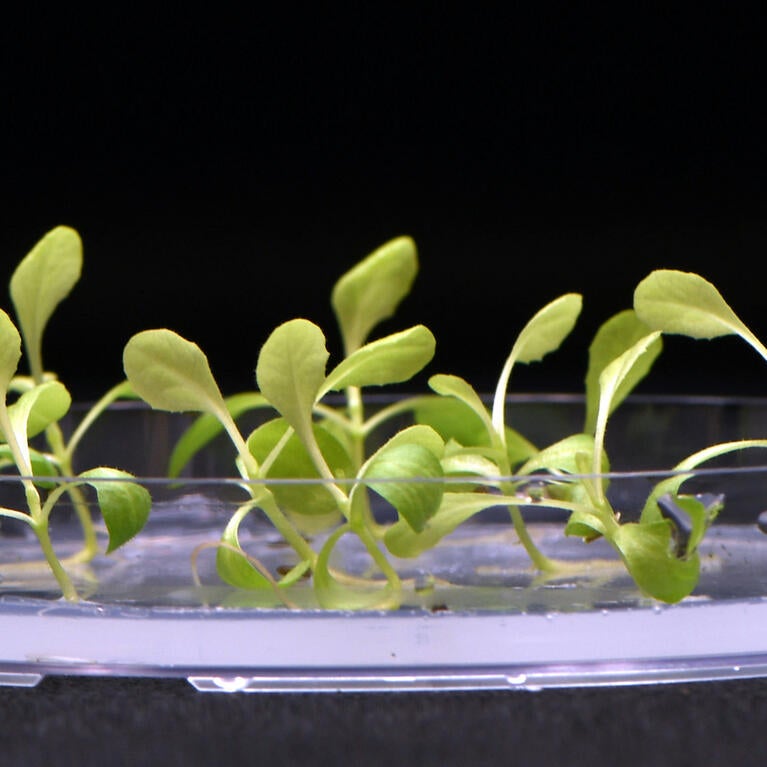
Artificial photosynthesis can produce food without sunshine
Scientists are developing artificial photosynthesis to help make food production more energy-efficient here on Earth, and one day possibly on Mars

Microbes can degrade the toughest PFAS
Under anaerobic conditions, common microbial communities can break the ultra-strong carbon-fluorine bond

PFAS chemicals do not last forever
The use of sulfite and iodide under ultraviolet light can destroy PFAS in water in a few hours
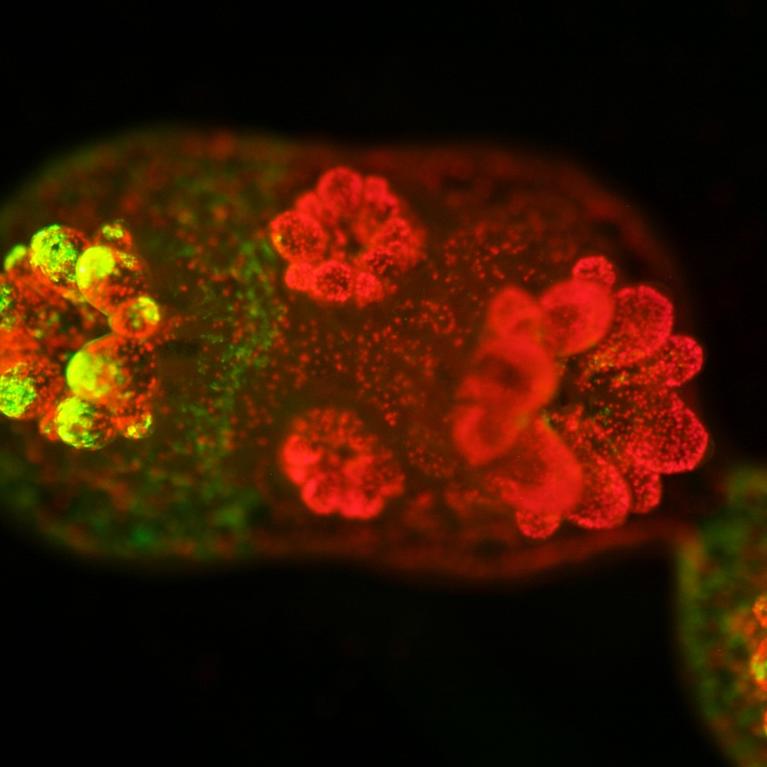
Discovery about coral-algal symbiosis could help coral reefs recover after bleaching events
Algae’s ability to establish symbiosis in coral without photosynthesis could help fight coral bleaching
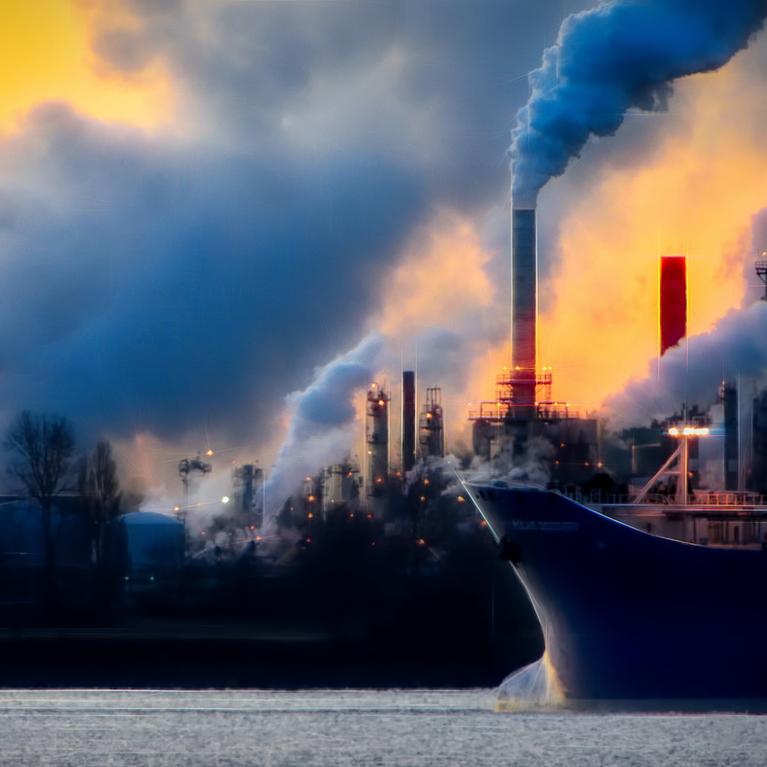
Fighting climate change with carbon capture and utilization technologies
Two UC Riverside experts explain how carbon capture and utilization technologies work, and what needs to improve for them to deliver on their promise
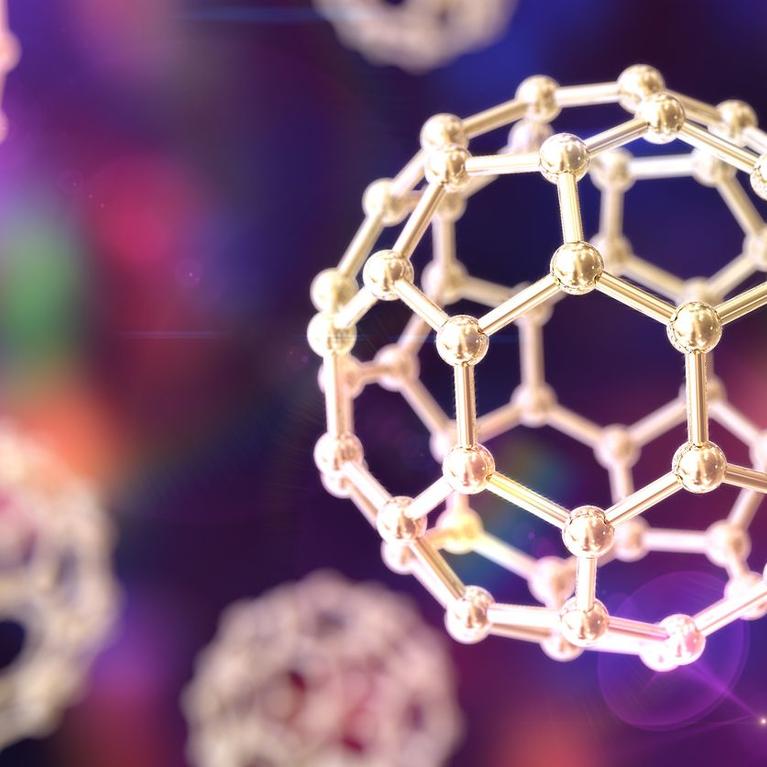
“Magic wand” reveals a colorful nano-world
Novel color photography using a high-efficiency probe can super-focus white light into a 6-nanometer spot for nanoscale color imaging

Using light to control materials
Supercomputers and machine learning will help scientists optimize light-driven electron transfer

A new water treatment technology could also help Mars explorers
A catalyst that destroys perchlorate in water could clean Martian soil
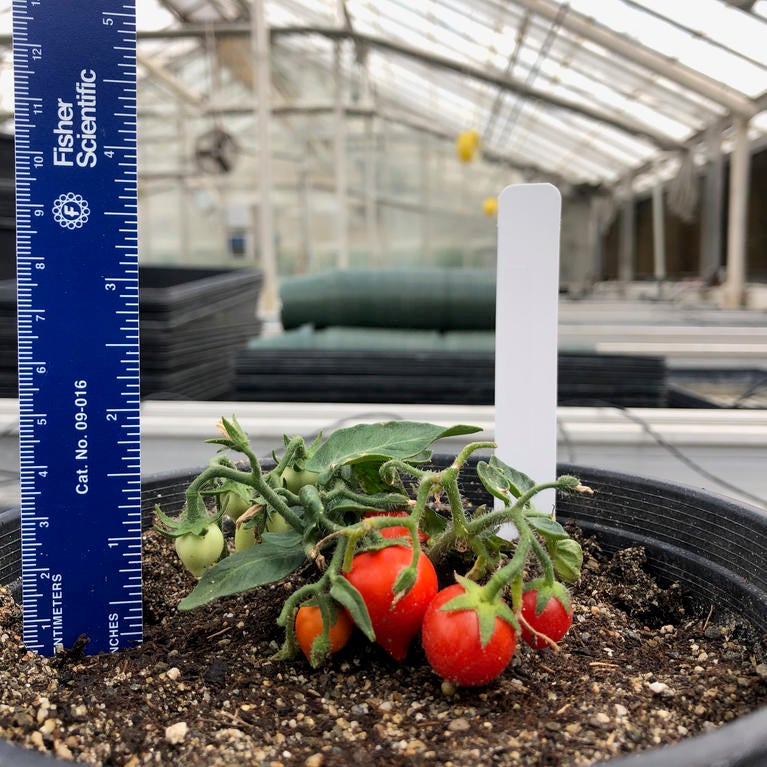
Tiny tomatoes could mean big profits for urban agriculture
Grants support continued development of tomatoes for vertical farming
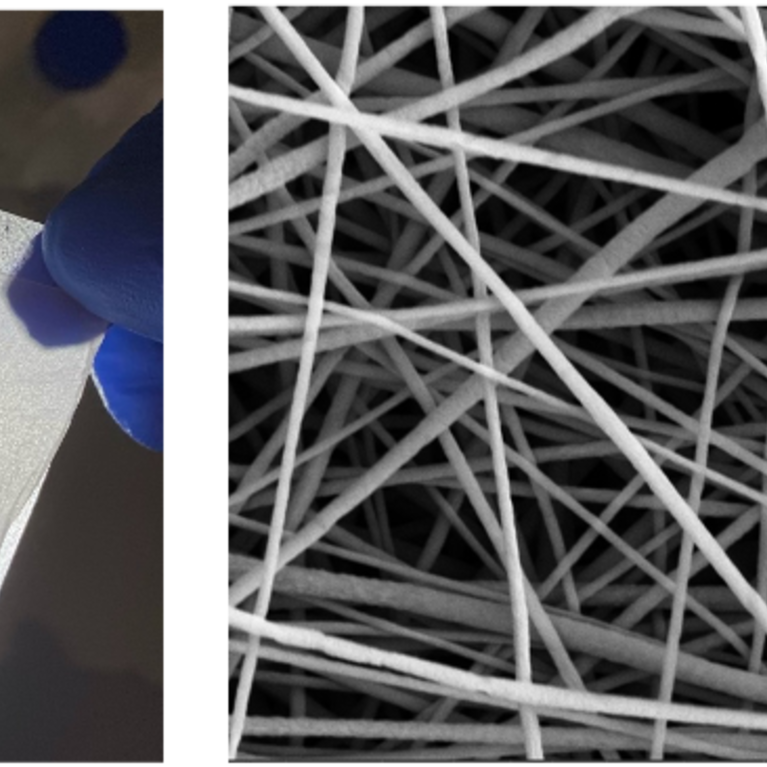
Nanofiber filter captures almost 100% of coronavirus aerosols
The filter could help curb airborne spread of COVID-19 virus
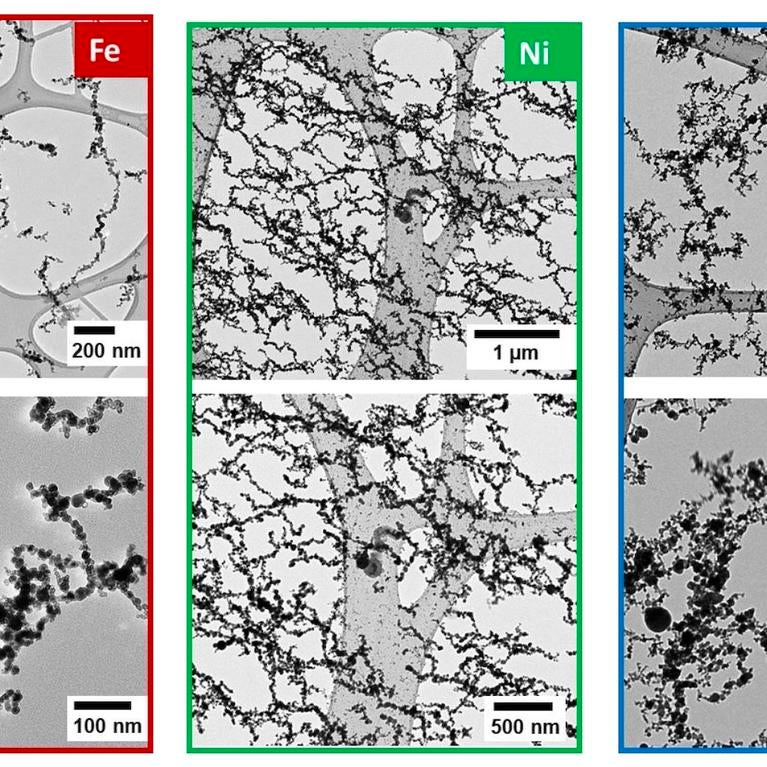
Electromagnetic levitation whips nanomaterials into shape
Electromagnetic field directs shape formed by gas phase metal molecules
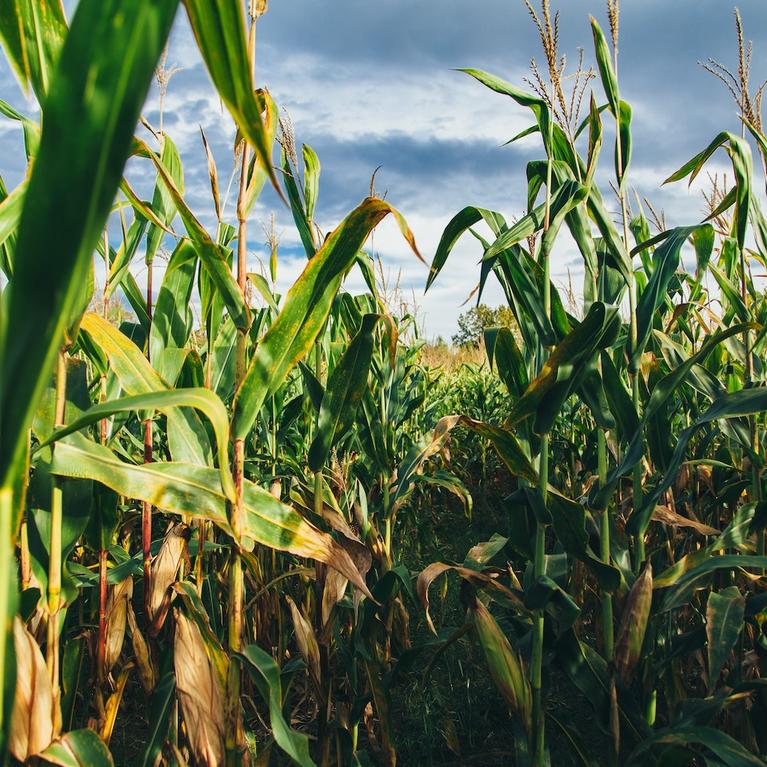
Cleaner water through corn
Activated carbon made from corn stover filters 98% of a pollutant from water
